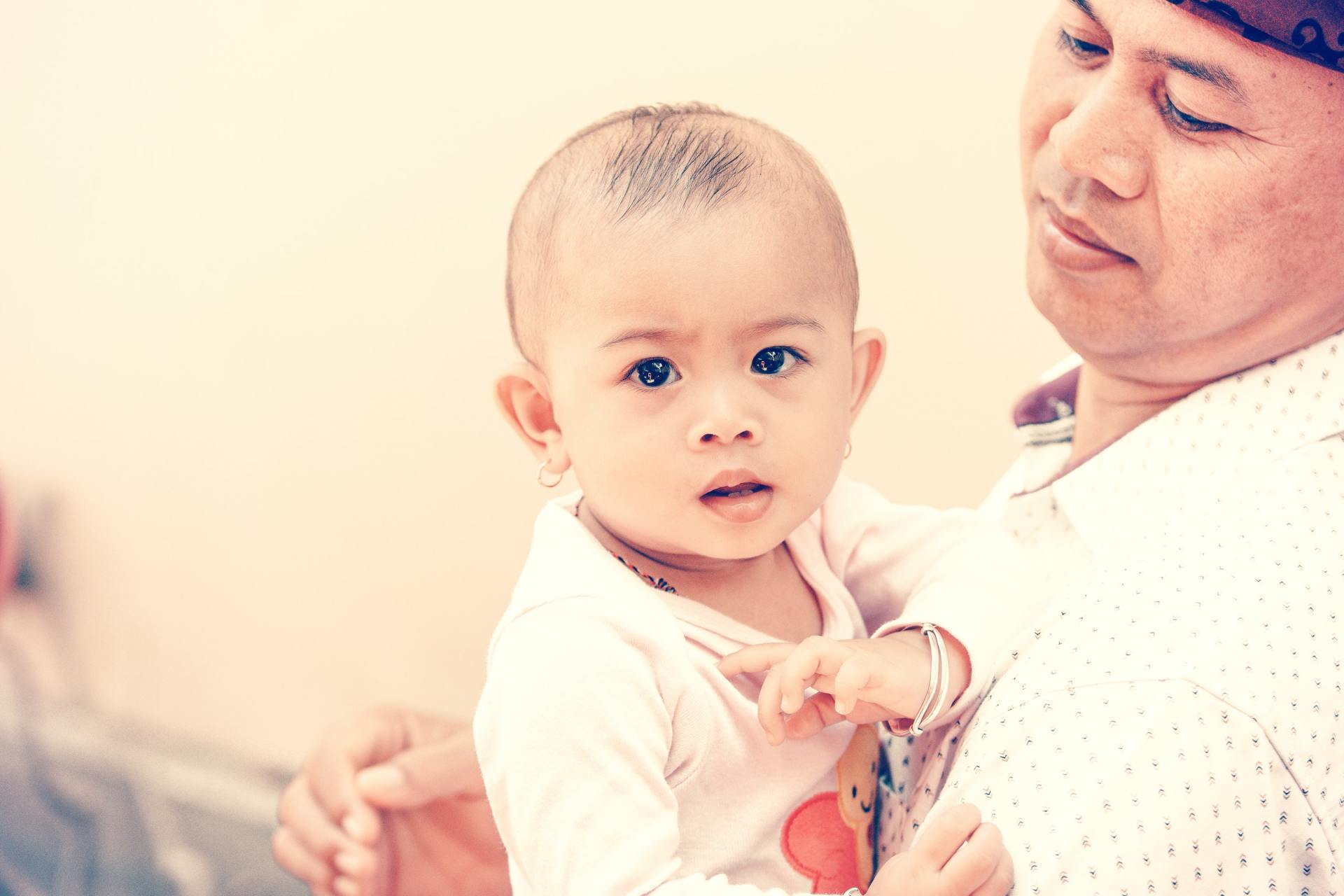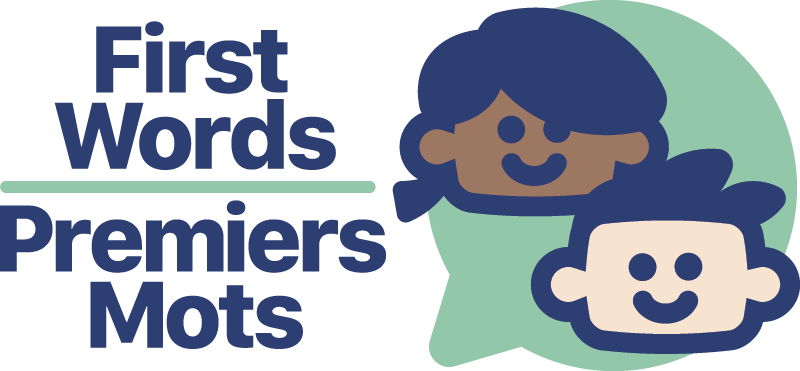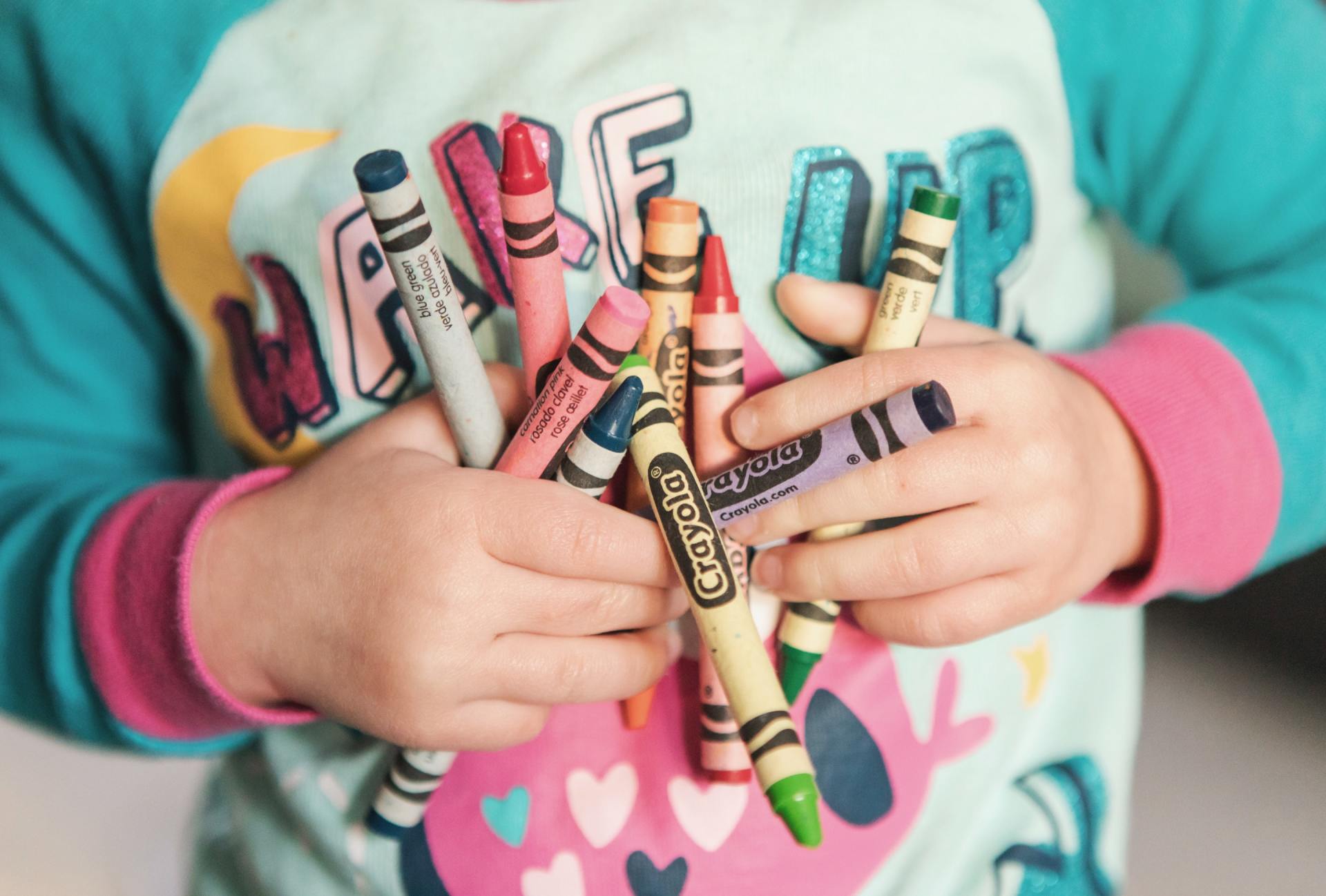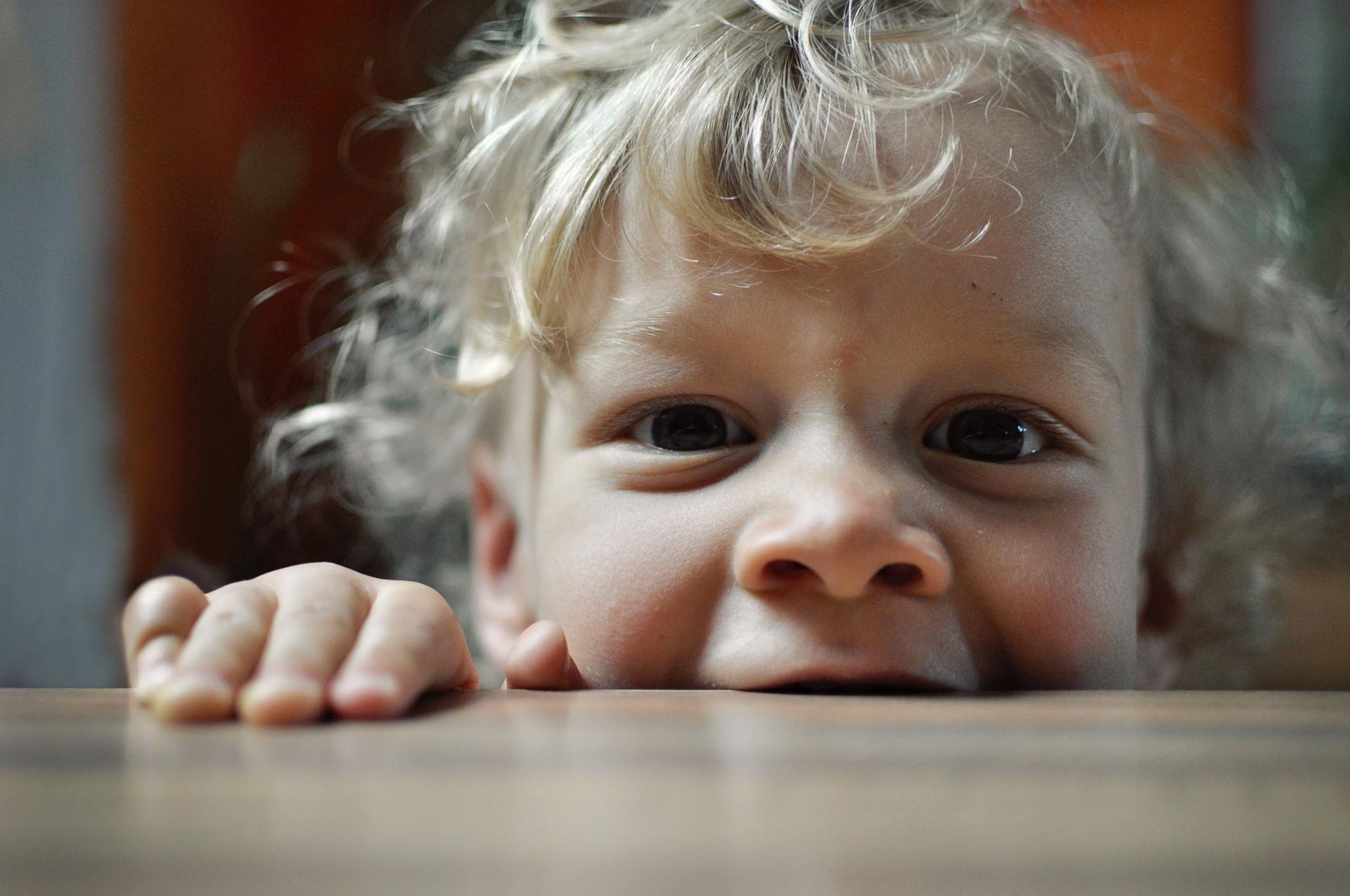Choosing Books
Book titles and authors recommended for your child’s age.
There are so many books available for children. Do you need a little help finding your child's next favourite book? We've compiled a list of books to help your child develop a love of reading for years to come.
When choosing a book for your child, look for:
- Strong and sturdy books that won't tear easily or soft cloth books that your child can chew.
- Touch and feel books which will let your child participate and encourage communication.
- Simple and bright pictures. Less is more! Simple pictures allow your child to focus for a longer period of time.
- Books that include your child's favourite things such as cars, animals and especially other babies and children!
Read with your child from the day they are born. Daily reading will create a love of reading for years to come but remember to keep it an enjoyable activity for everyone.
Children from 5 months to 12 months
like board books, plastic books, touch and feel books, cloth books, homemade books and simple, bright pictures of familiar things.
- Let’s Play by Leo Lionni
- Pat the Bunny by Dorothy Kunhardt
- Row, Row, Row Your Boat by Annie Kubler
- The Little Noisy Book by Katherine Ross
- cloth books
- touch and feel books
- plastic bath books (e.g. Ernie’s Rubber Duck)
- photo albums with single pictures on each page
Children from 1 to 2 years like simple picture books or photograph books showing objects, toys and children doing simple actions (eating, sleeping, jumping); books with flaps hiding a person or object; touch and feel books; pop-up books and homemade photo books.
- Animal Snap! by Robert Crowthers
- Five Little Chicks by Nancy Tafuri
- Who’s Hiding? by Lynette Rushchak
- Peek-a-Boo! by N. Tuxworth
- Hug by Jez Alborough
- What Will We Do With The Baby-o? by Theo Heras
- Whose House is This? by Charles Reasoner
- Piggies by Don and Audrey Wood
- Playing by Helen Oxenbury
- Willoughby Wallaby Woo by Dennis Lee
Children from 2 to 3 years like books with familiar activities or things they would have experienced (e.g. having a bath, going to the park)
- Where’s Spot? by Eric Hill
- Mog and Me by Judith Kerr
- I went Walking by Sue Williams
- The Snowman by Raymond Briggs
- Big Dog and Little Dog Going for a Walk by Dave Pilkey
- Mrs. Wishy-Washy by Joy Cowley
- All By Myself by Mercer Mayer
- Wheels on the Bus by Penny Dann
- Troubles with Bubbles by F. Edwards/J. Bianchi
Children from 3 to 4 years
like books with more imagination and surprises.
- I Just Forgot by Mercer Mayer
- Mortimer by Robert Munsch
- Red is Best by Kathy Stinson
- Brown Bear, Brown Bear by B. Martin
- The Hungry Caterpillar by Eric Carle
- Melody Mooner Stayed Up All Night by F. Edwards & J. Bianchi
- The Little Old Lady Who Was Not Afraid of Anything by Linda Williams
- If You Give a Mouse a Cookie by Laura Numeroff
- The Little Red Hen by Paul Galdone
- The Very Busy Spider by Eric Carle
- Franklin Goes to School by P. Bourgeois
Children from 5 to 6 years like to hear books with a story. They also try to read books with interesting pictures and simple words.
- The Snowy Day by Ezra Jack Keats
- Jillian Jiggs by Phoebe Gilman
- Pancakes for Breakfast by T. dePaola
- Plain Noodles by B. Waterton/J. Fitzgerald
- Mrs. McNosh Hangs Up Her Wash by Sarah Weeks
- The Zookeeper’s Sleepers by F. Edwards/J. Bianchi
- A Crowded Ride in the Countryside by F. Edwards/J. Bianchi
- Far and Away by Robert Munsch
- The Gingerbread Man
- Goldilocks and the Three Bears by J. Marshall
- Hop on Pop by Dr. Seuss






